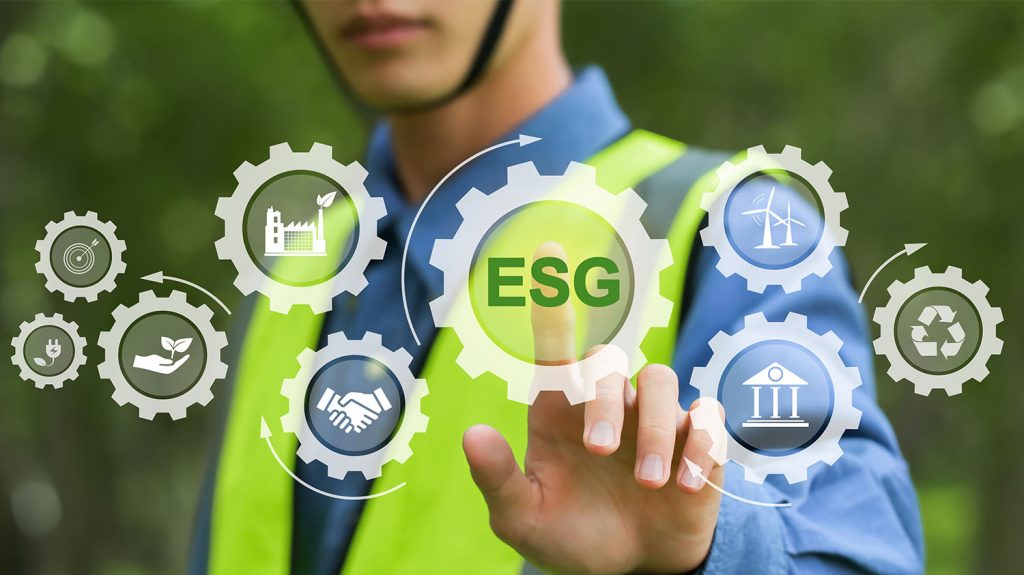Keshan Warakaulle
On March 16, the European Commission put forth new proposals to reduce reliance on imports of essential materials by fostering domestic mining, diversifying suppliers, reusing domestic resources in place of some imports, and establishing long-term trade alliances with nations that share similar views.
Similar measures to ensure the supply of green minerals, which are essential to plans for the energy transition, have been taken by the US, Japan, India, and other countries.
Critical mineral deposits have recently been found in substantial quantities in Iran, India, Norway, and Sweden. However, increased protectionism in resource-rich nations makes the security of supply around the world more questionable. As an illustration, Zimbabwe recently prohibited the export of any raw base minerals, such as lithium and nickel, while Mexico nationalised domestic lithium mining.
Efforts to be Taken
In an effort to create safe, sustainable global supply chains for vital minerals, the EU and the US will work together with like-minded allies and developing nations. The main channels for setting up investments and export agreements are probably the EU’s Critical Raw Materials Club and the US-led Minerals Security Partnership.
Australia and Canada, two major Western developed economies with abundant mineral resources, will continue to scrutinise foreign investments in green minerals. Therefore, it is expected that Chinese corporations would step up their extraction efforts in Africa and South America.
More mineral reserves are expected to be discovered around the world as a result of increased demand projections and governments’ emphasis on assuring access to green materials. The ability of each nation to refine and process raw materials on a global scale, as well as the technological advancements made in the industry, will determine how long it takes for supplies from the new mining sites to become available.
Although the extraction of green minerals could result in considerable environmental damage and problems with the social licence to operate, they are essential for a low-carbon transition. Environmental organisations and local communities will continue to oppose mining activity.
Some developing nations with abundant natural resources will keep taking action to maintain control of strategic minerals and grow domestic downstream sectors. Indonesia intends to halt the export of unprocessed bauxite beginning in June. In order to develop processing capacity and sustainable mining practises, as well as to coordinate production flows and pricing, a group of Latin American nations representing 65% of the world’s lithium reserves is considering the formation of an OPEC-style lithium organisation.
It is conceivable that mining corporations will encounter initiatives to restrict foreign ownership of green minerals. Additionally, they can anticipate rising excise and duty rates or taxes on unforeseen earnings. In certain markets, they could be at risk of expropriation. However, favourable industrial regulations at home and friendly incentives to operate in specific regions could be advantageous to miners.
Due to labour unrest, illicit mining, a rise in social activity, or general political unrest, mining corporations may also face more operational difficulties. These issues are more likely to arise in nations with high inequality levels, in mining-related historical events, and in newcomers to the industry, such as established markets with tougher environmental regulations.
Demand for green minerals will rise dramatically as renewable energy capacity, EV adoption, and infrastructural investments to quicken the transition to electrification expand globally. Businesses in connected manufacturing industries could have to pay more for raw materials, and they might not be able to secure enough green mineral supply in the short to medium term.
Faster permits and easier access to funding for developing creative strategies and technology to extract and recycle green minerals from used appliances and electronics as well as from the mining waste of other minerals are expected to be advantageous for industrial and energy firms.
Keshan Warakaulle is Social Media Manager at ICMA(ANZ)


